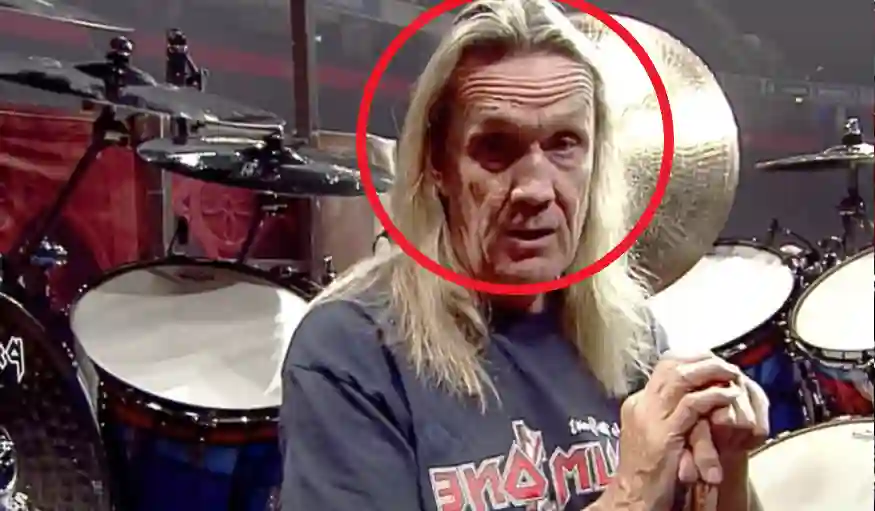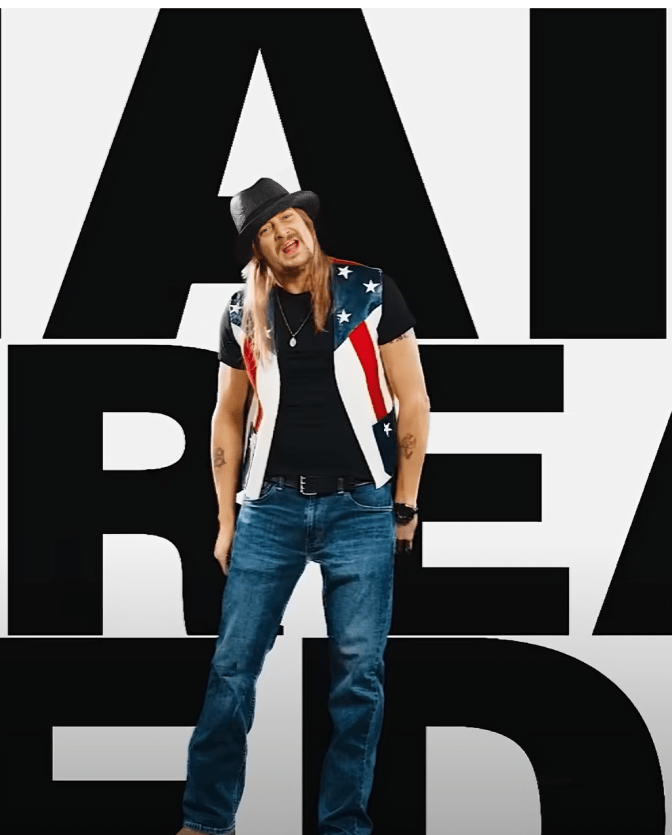In the small town of Brookfield, a harrowing tale of domestic abuse and familial strife has surfaced, drawing attention to the often-hidden realities faced by many. At the center of this story is a young man named JJ, who has endured years of torment at the hands of his father, Luke. This cycle of violence reached a boiling point when JJ found himself in jail, a consequence of his father’s actions and the environment in which he was raised.
Luke’s abusive nature is well-known in the community. His reputation for aggression has instilled fear not just in his son but also among those who have witnessed the family dynamic from the outside. Reports indicate that Luke would often take his frustrations out on JJ, subjecting him to physical beatings and emotional manipulation. Those close to the family describe Luke as a man who thrives on control, using his strength to impose his will on his son.
The turning point in their tumultuous relationship occurred when JJ was arrested, a situation that Luke had a hand in creating. The details surrounding JJ’s arrest are murky, but it was clear that his father’s influence loomed large over his actions. Rather than showing concern for his son’s welfare, Luke saw this as an opportunity to exert further control. Reluctantly, he posted bail for JJ, but with a caveat: JJ would have to repay every penny of the restitution fee.
JJ, desperate to escape the prison cell and return to some semblance of normalcy, agreed to his father’s demands. However, the struggle for freedom came with a heavy price. Once JJ managed to scrape together the necessary funds, he was met with an unexpected betrayal. Luke, instead of fulfilling his role as a supportive father, decided to steal the money that JJ had worked so hard to obtain.
This act of betrayal left JJ in a state of disbelief and rage. The money had been his ticket to regaining his freedom and breaking away from his father’s grasp. In a fit of desperation and anger, JJ confronted Luke, demanding the return of his hard-earned cash. The confrontation quickly escalated, and in an unthinkable twist, JJ resorted to physical violence against his father. Fueled by a mix of adrenaline and pent-up frustration, JJ fought back, not just for the money but also for his dignity and a chance to reclaim his life.
Witnesses to the incident recounted the shocking scene that unfolded. JJ, usually reserved and beaten down by years of abuse, exhibited a newfound ferocity. The struggle between father and son highlighted the complexities of their relationship—JJ was not just fighting for money; he was fighting for his autonomy and the right to live free from fear. This moment marked a significant shift in the power dynamics that had defined their lives for so long.
The aftermath of the altercation was equally troubling. As JJ regained his money, the consequences of his actions loomed large. The police were called to the scene, and JJ found himself at risk of further legal trouble. However, this time, there was a sense of resolve in him; he was no longer willing to be a victim. He understood that the battle he faced was not merely against his father but also against a system that had failed to protect him for years.
The community’s reaction to the unfolding events has been mixed. Some residents express sympathy for JJ, recognizing the deep-rooted issues that led to the violent confrontation. Others, however, are quick to judge, viewing the altercation as a failure of character rather than a desperate cry for help. The stigma surrounding abuse often complicates the narratives, making it difficult for those like JJ to find support in their time of need.
As discussions continue within the community about the complexities of familial relationships and the impact of abuse, many advocates for domestic violence awareness have stepped forward to shed light on JJ’s situation. They emphasize the importance of understanding that victims often find themselves in difficult circumstances, where their options are limited, and their voices are silenced.
JJ’s journey is far from over. While he may have won a temporary victory against his father, the scars left by years of abuse run deep. He must navigate the legal repercussions of his actions while grappling with the emotional toll of his upbringing. As he seeks to reclaim his life, JJ stands at a crossroads—determined to break free from the cycle of violence that has defined his existence for so long.
In Brookfield, the story of JJ and Luke serves as a stark reminder of the complexities of family dynamics and the impact of abuse on individuals and communities. As more people become aware of the underlying issues at play, the hope is that conversations surrounding domestic violence will lead to greater understanding and support for those caught in similar situations. The battle for JJ is emblematic of a larger struggle, one that challenges societal perceptions of victims and perpetrators alike.








